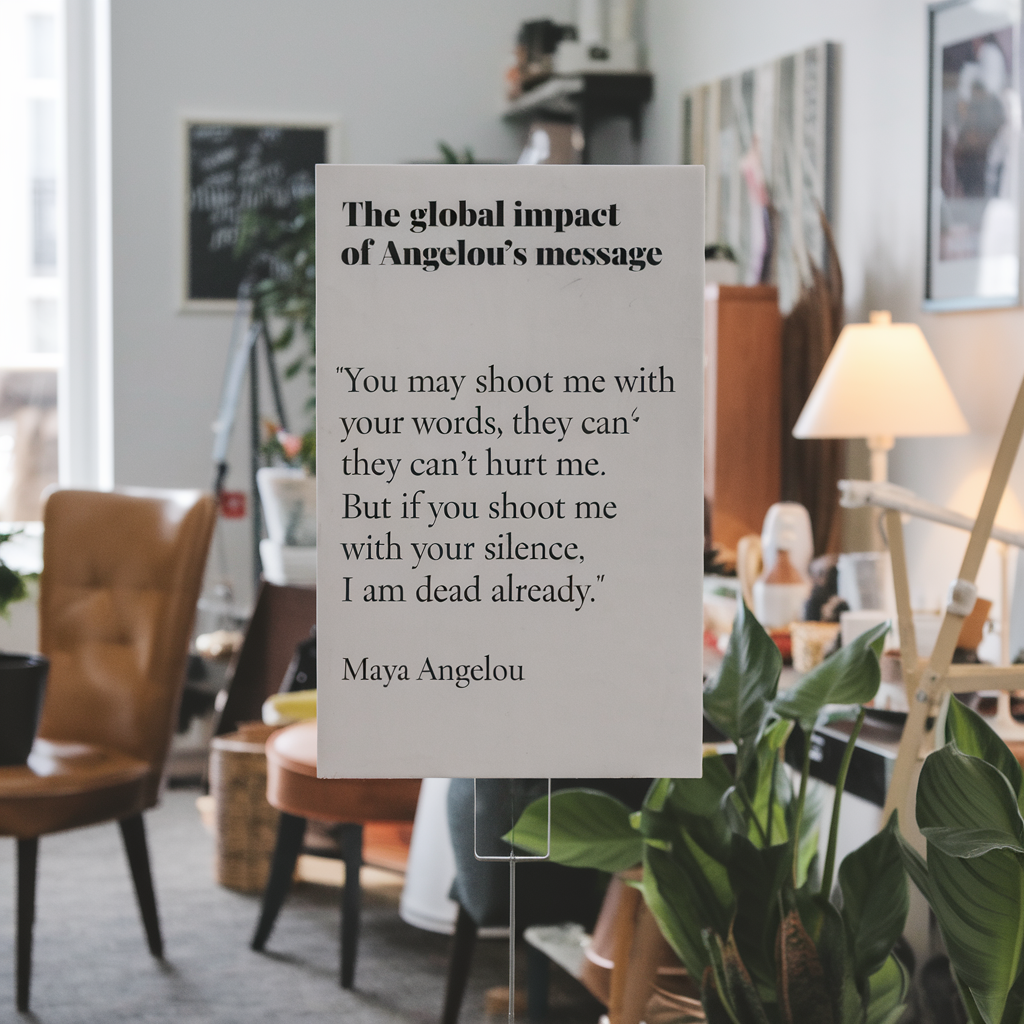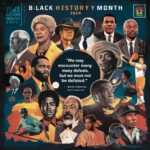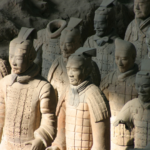Introduction
Have you ever heard someone tell you that your narrative is unimportant? Or did you hear it from someone else? The line, “You may write me down in history,” strikes like a lightning bolt at that point. It serves as a potent reminder that, despite attempts by others to define you, your truth always triumphs—stronger and louder.
Let’s dissect it and see how this line from Maya Angelou’s inspiring poetry has resonated through the ages, sparked uprisings, and stoked the spirit of resiliency in people all across the world.
The Root of the Phrase

Maya Angelou’s Influence
Maya Angelou was a voice as much as a poet. A power. A symbol. The famous line, “You may write me down in history with your bitter, twisted lies,” opens her poem “Still I Rise.” It’s audacious. It’s uncooked. Additionally, it establishes the mood for the ensuing triumphant song about overcoming hate.
“Still I Rise” and Its Cultural Echo
The Context of the Poem
In 1978, Angelou penned “Still I Rise.” This poetry raged during a period when Black voices were frequently muffled or misrepresented. It was about everyone who has ever been denigrated, undervalued, or misrepresented, not just one individual.
Historical Backdrop
The poem, which was written after the civil rights movement, addresses decades of racism, structural oppression, and struggle. However, it does so with pride rather than sympathy.
The Deeper Meaning Behind the Phrase
A Declaration of Resilience
“You might record me in history…” is more than a simple statement. It’s a challenge. It’s similar to saying, “Go ahead and share your version of events.” I’ll show you mine; it’s more powerful.
Writing History vs. Living It
Not all history is fair. Rewriting the record, however, is what it means to live your truth. We are more than simply footnotes, as this adage reminds us. We are the entire narrative.
Historical Parallels of Defiance and Power

Leaders Who Rewrote Their Stories
Nelson Mandela
After being called a terrorist, Mandela came to represent harmony and peace. That’s using action to rewrite history.
Malala Yousafzai
Now a global advocate for girls’ education, she was shot for attending school. That’s transforming suffering into strength.
Martin Luther King Jr.
He spoke loudly after being told to keep quiet. His dream changed the conscience of a country.
Literary Echoes of “You May Write Me Down in History”

From Shakespeare to Maya Angelou
For a long time, authors have resisted being silenced. Among these voices, Angelou’s writing stands out with pride, but it has a decidedly contemporary, unrepentant tone.
The Role of Poetry in Resistance
The unheard are given a voice via poetry. It’s a message from the soul that “you will hear me.”
Why This Line Still Resonates Today
In a Digital Age of Records and Receipts
Everyone has a platform these days. Reels, blogs, and tweets are all contemporary forms of “writing history.” The problem still stands, though: who gets to write the truth?
Cancel Culture, Resilience, and Self-Identity
Reputations can be altered quickly in the modern world. Angelou’s quote serves as a reminder to hold fast to our reality, despite attempts by the internet to alter it.
Personal Empowerment Through the Line

Finding Your Voice in Adversity
Your family may have had doubts about you. Perhaps your teachers didn’t think you were capable. This quote is your armor, no matter what your struggles are.
Real-Life Examples of Overcoming Narratives
Consider anyone who used their “failures” as motivation. They become the tale instead of waiting for someone to tell them a good one.
Rewriting Personal History
Being well-known is not a prerequisite for success. All you have to do is have faith that your narrative matters, because it does.
The Line in Music, Pop Culture, and Activism

Artists Quoting Angelou
Angelou’s tenacity has been reflected in the lyrics of singers ranging from Nicki Minaj to Tupac, demonstrating that poetry permeates every beat.
Hashtags and Viral Movements
#StillIRise has evolved into a digital movement rather than merely a poem. It is used to communicate stories of empowerment, survival, and strength.
Educational Use and Interpretation

How Schools Teach This Line
From English lessons in high school to talks at universities, Angelou’s writings are examined, interpreted, and honored.
Student Reactions and Reflections
When they read her writing, students frequently remark that they “feel seen,” which is what great literature ought to accomplish.
Feminism and the Legacy of Angelou’s Words
Uplifting Voices of Marginalized Women
Angelou made it possible for women, particularly Black women, to be strong in environments that aimed to minimize them.
Intersectional Empowerment
Not all of her poetry is feminist. It embraces gender, race, and identity simultaneously, making it intersectional.
The Global Impact of Angelou’s Message

Translations and International Influence
Numerous languages have translated her poems. It turns out that courage and honesty sound lovely in all languages.
Quotes That Changed the World
“You could use your words to shoot me.” These lines are not limited to paper. They inhabit hearts, classrooms, and protests.
Writing Your Own History
Journaling, Blogging, and Social Media
Someone might be inspired by your Instagram post. A life could be changed by your blog. It is up to you to write your own truth.
The Modern-Day Autobiography
All of us can now tell stories. Whether you use Substack or selfies, you’re recording your life and your ascent.
Embracing Your Narrative
When They Write You Down, How Will They Remember You?
The true question is that. What you leave behind for people to write about, not whether they will write about you.
Conclusion
The phrase “You may write me down in history…” is more than just a sentence. It’s a mirror. What story are you living? it asks. And are you picking up the pen yourself, or are you letting others write it?
This phrase is beautiful since it now applies to all of us. The next time someone attempts to confine you, remember Angelou’s advice: smile and get up.
FAQs
1. What poem is “You may write me down in history” from?
It is taken from the 1978 poem “Still I Rise” by Maya Angelou.
2. Why is Maya Angelou considered influential?
As a Black woman poet, memoirist, and civil rights activist, she broke down barriers and motivated millions with her strength and candor.
3. How can I use this quote in my own life?
When things get tough, use it as a mantra to remind yourself that your narrative matters and that you are more than what other people think you are.
4. What are some modern-day examples of rewriting history?
By speaking up and being strong, individuals like Greta Thunberg, Malala, and regular social media activists change the narrative.
5. Can this quote be used in speeches or essays?
Absolutely! This powerful, deeply felt quotation is ideal for inspiration, self-empowerment, and introspection.


























































